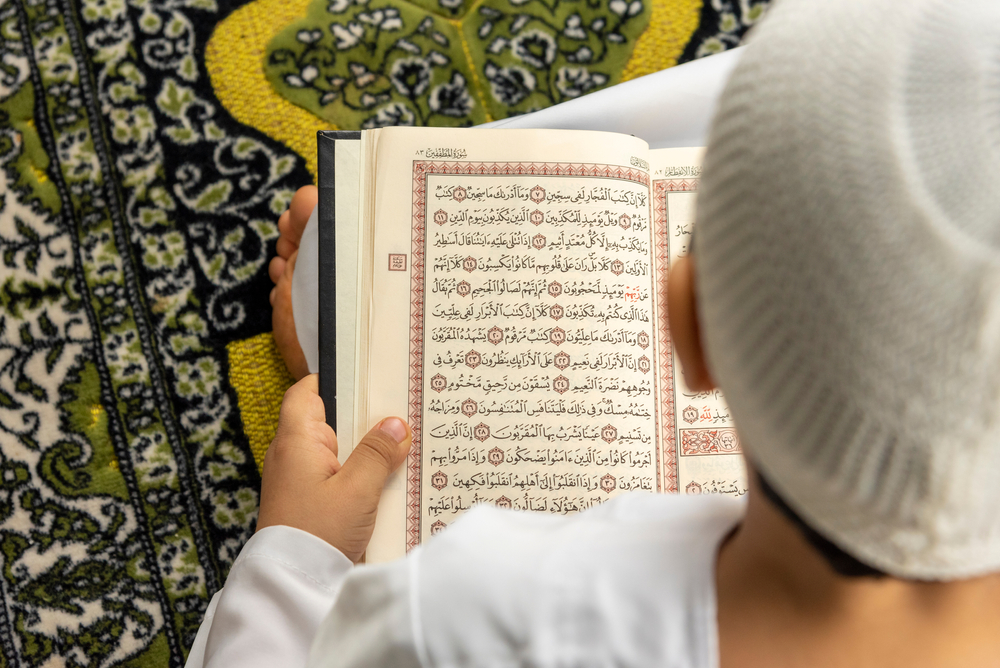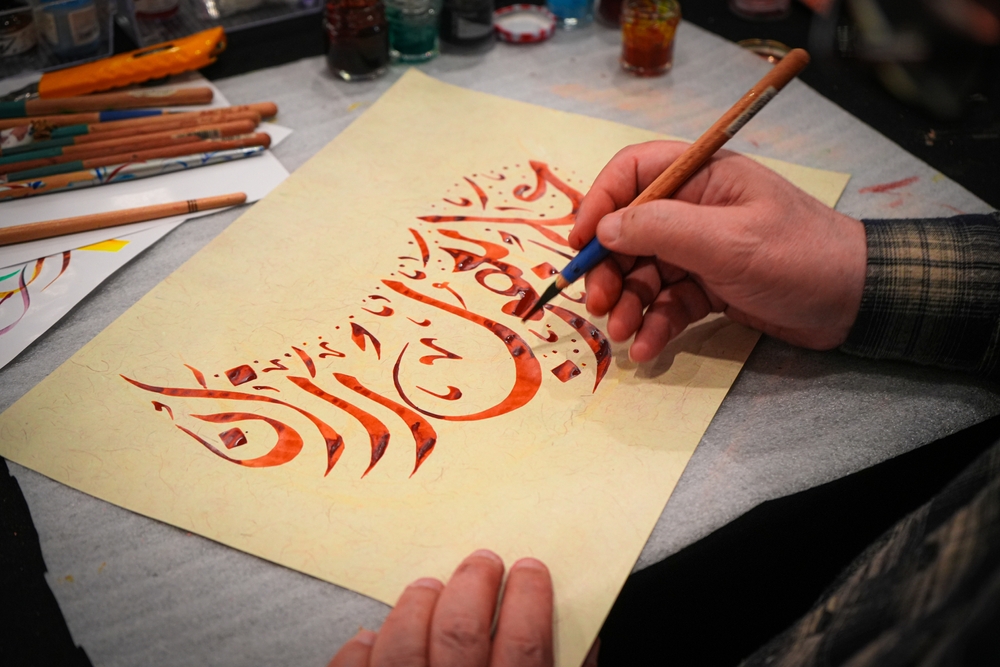The BEST Dua For Anxiety

The BEST Dua For Anxiety Anxiety is one of the most common mental health issues, and anxiety disorders are increasingly becoming a global concern. Islam offers a series of practical strategies and Duas for coping with anxiety and stress, emphasizing spiritual well-being, and balanced living.Sometimes life gets super stressful, You might feel worried, sad, or […]
Honey in the Qur’an:7 Unique Health Benefits of Honey

Honey in the Qur’an:7 Unique Health Benefits of Honey Honey, with its rich, golden hue and soothing sweetness, has been noted as a powerful superfood and medicinal source for thousands of years. The Prophet Muhammad (PBUH) frequently extolled the virtues of honey. A well-known hadith states, “Make use of the two remedies: honey and the […]
Is Sleeping On Your Stomach Permissible In Islam?

Is Sleeping On Your Stomach Permissible In Islam? Sleeping on your stomach is considered a bad sleeping position due to its effect on your breathing and spinal alignment throughout the night. It is important to note that it is never too late to switch your sleeping position if you don’t want to be a stomach […]
Figs In Islam: Health Benefits, Use & Quran Mentions

Figs In Islam: Health Benefits, Use & Quran Mentions The fig plant is one of the only five plants mentioned in the Quran, along with olives, grapes, pomegranates, and dates. Figs are well reputed to be a good source of several essential minerals; including magnesium, manganese, calcium, copper, potassium, and Vitamin K. They are rich […]
7 Incredible Benefits of Dates

7 Incredible Benefits of Dates There are 7 Incredible Benefits of Dates in Islam, in the Holy Quran, dates are mentioned under the names Nakhl and Nakhil more than twenty times, underscoring their profound importance in Islamic tradition. During Ramadan, the significance of dates becomes particularly evident, with their consumption reaching its peak. But what […]
The Benefits of Black Seed in Islam

The Benefits of Black Seed in Islam What is a Black Seed? Black seed, known as Nigella sativa and commonly referred to as black cumin, Roman coriander, originates from a small flowering shrub native to Eastern Europe, the Middle East, and Western Asia. This minute, jet-black seed is renowned for its remarkable potency and has […]
The Best 10 Islamic Solutions For Stress

The Best 10 Islamic Solutions For Stress Islam provides a comprehensive guide to living a stress-free life, offering enduring solutions that remain relevant across time. During stressful times, remember the words of the Prophet Muhammad (peace be upon him): “Allah does not burden a soul beyond what it can bear. Trust that faith, patience, and […]
Studying the Rules of Recitation of the Noble Qur’an

Studying the Rules of Recitation of the Noble Qur’an The recitation of the Noble Qur’an is not merely an act of reading; it is a profound practice that demands precision, respect, and deep reverence. Therefore, you should practice these rules professionally and be aware of common mistakes to avoid them. You may need to […]
Common Mistakes When Writing Arabic Letters and How to Avoid Them

Common Mistakes When Writing Arabic Letters and How to Avoid Them The Arabic language is a blend of beauty and complexity. Writing Arabic letters requires careful attention to detail, as small errors can drastically change the meaning of a word or phrase. Moreover, the presence or absence of diacritical marks, dots, and specific ligatures adds […]
Learning the Quran and Islamic Religion

Learning the Quran and Islamic Religion Learning the Quran and Islamic Religion involves several aspects, including understanding its teachings, exploring the historical and cultural context of its revelations, delving into various interpretations (Tafsir), and applying its principles to everyday life. It also encompasses studying Prophet Muhammad’s (PBUH) life, understanding Islamic law (Sharia), and engaging with […]

